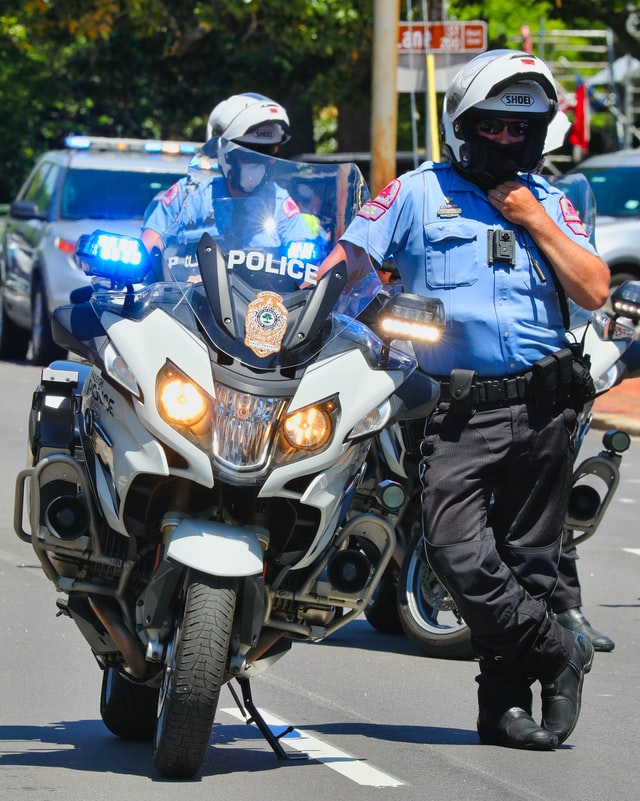What legal measures should be taken due to irresponsible driving?
During the first half of 2021, an average of 6,450 road accidents have been recorded with two fatalities related to road side accidents. While in 2010 a Eurobarometer study found that 99% of Maltese persons did not know the legal drinking limit for driving, which is currently at 0.8% BAC (8 grams of alcohol in 10,000 grams of blood) with additional conditions if it is a newly licensed driver. 

These measures are now being more strongly enforced due to the well known nightlife areas that can pose the highest risk to those around, as anyone irresponsible may attempt to drive under the influence of alcohol. In response to this, measures such as road-block check points near high risk areas as well as patrolling officers in the evenings are all in attempt to safeguard the public from individuals who would risk such actions.
While we have reached a very low tolerance for driving whilst drinking, a long awaited case arose earlier this year with a verdict pending for over 10 years. This case included a presumably intoxicated driver driving with a passenger after a night out towards Bugibba, who then struck a cyclist Clifford Micallef in a hit and run accident, leaving the scene with Mr. Micallef fatally injured.
This case took around 13 years to resolve, with the verdict producing a 3 year jail sentence and a one year driving ban. However well that justice has been concluded after 13 years, this also leaves the guilty with 13 years of afterthought proceeding the accident, which begs the question as to why such cases take this long to resolve. For purpose of protecting the public's interest, as well as rehabilitating the offender, a rehabilitation process would seem more fitting to allow the offender to be released back into society after the stipulated time is served. However, this punishment in response to the crime has objectively taken 13 + 3 years to resolve, which can lead to question why no public service was requested from the convicted?
When considering the state of the convicted individual, should more reform be taken to address the fact that the driver was not in a state to drive given he spent a sleepless night-out with alcohol involved throughout the eve, leading to the misjudgment of driving capabilities and the reflexes. Hence would more reformative and socially inclusive measures help prevent reoffending as opposed to providing such a verdict a decade later?
Current legislation on individuals found of drunk driving above the maximum limit may have their license suspended for up to 12 months, while receiving a fine between €1,200 to €2329, alongside 11 license points deducted, with repeat offenders facing prison between three to six months as per Chapter 65. Traffic Regulation Ordinance. However this does not mention fatalities or injury caused by drunk drivers, as that is addressed on a case-by-case basis.
While, the charges upheld for breaking the law can surely reform many to reconsider drink driving with these hefty penalties, hence such measures are necessary when lives are at risk, which leaves to question whether some form of reformative construction is required of such law breakers?
Let us know your take on the subject in the comments below!
No Comments